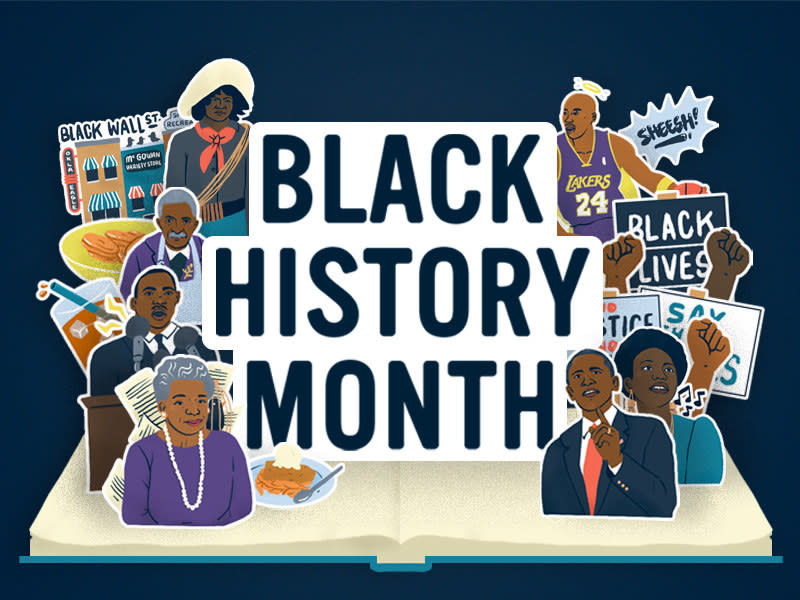Black People Who Were Adopted By White Families Shared Their Experiences And Advice, And It May Be Tough For Some Parents To Read, But It's Necessary
We recently asked members of BuzzFeed Community to share their experiences and advice about being adopted into white families. Here are their most insightful submissions:
1."The fears that Black people have, white family members don't understand, and I had a family member tell me once that the fear I had of getting killed because of my skin color was an irrational fear, even after seeing the disparities in how people are treated."
"It can be a bit challenging, as there comes a point where you start to struggle with identity issues. You don’t fit in with the family sometimes because of the difference in interests, music, and culture, and it’s hard to fit in the Black community because you might not feel 'Black enough,' and then with the white family you aren’t white enough."
—Anonymous
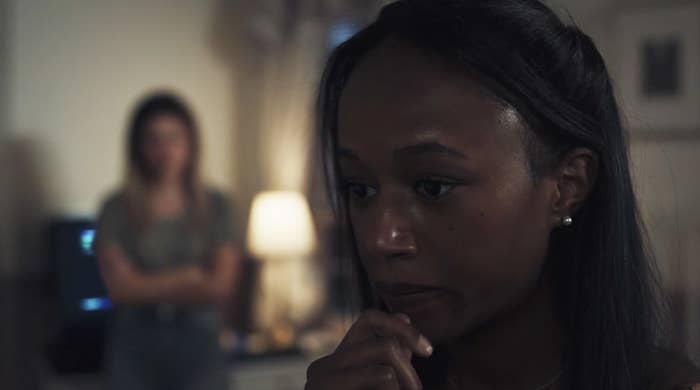
2."My experience was absolutely terrible. I dealt with microaggressions from my family constantly, and sometimes just blatant racism. My body was always talked about negatively and my hair as well. It’s caused me to have major body dysmorphia, which has been extremely difficult for me to unlearn. I was labeled an 'angry Black girl,' and was told multiple times to 'stop trying to dress like a rapper's girlfriend' anytime I wore hoops and clothes I thought were cute and that I looked good in."
"I was expected to always have a bright attitude, or I was considered angry and unruly, which developed into me having an anxiety disorder and trying to people please everyone. I was ridiculed for the foods that I wanted to eat and now suffer from an unhealthy relationship with food to this day. I always thought that there should be a better system in place before white people are able to adopt Black children. I was abused for years and was too scared to reach out to anyone because the people around me looked like my abusers."
—Anonymous
3."Please learn how to care for our hair types. My adoptive mother couldn't handle it, so she constantly had it cut off."
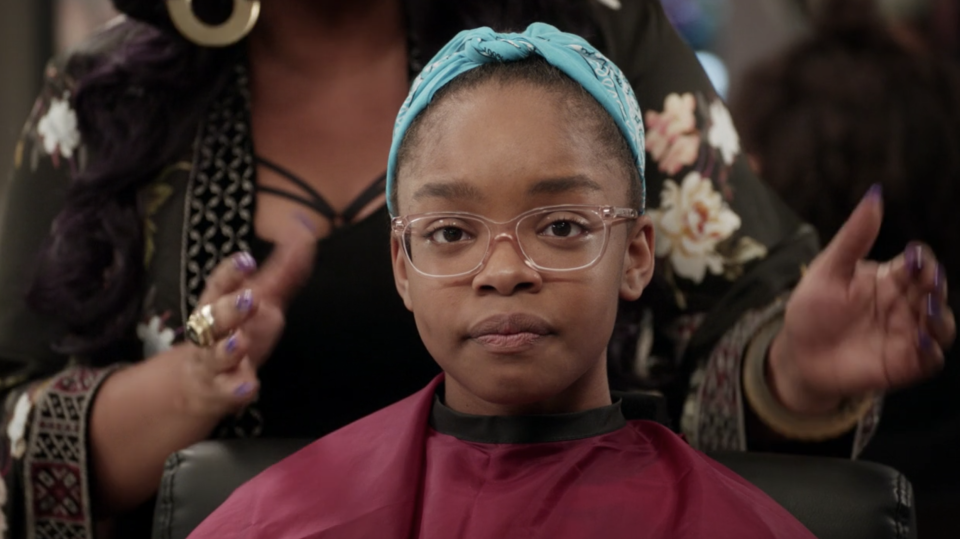
4."I am mixed-race and fair-skinned, and my adoptive parents dealt with 'this issue' by passing me as white my whole life. I didn’t find out I was mixed until I was in my mid-20s and searched for my real parents and traced our genealogy. I simply assumed my adoptive parents hadn’t known I was mixed, until my they exploded with, 'You aren’t TELLING people about this, are you?' They claimed they did it to 'protect me' and 'spare me the shame.'
"That says it all! I was born well after the segregation era, so 'protecting' is bogus. People, you should NEVER lie to your adopted children. They’ll never trust you again, because how many OTHER times did you 'love them so much' that you lied to them?"
—Anonymous
5."Our adoptive parents are our parents. Please do NOT call our biological parents our 'real parents.' Instead of making fun of the fact that we cannot do our hair, offer salons in the area that specialize in Black hair."
—Anonymous
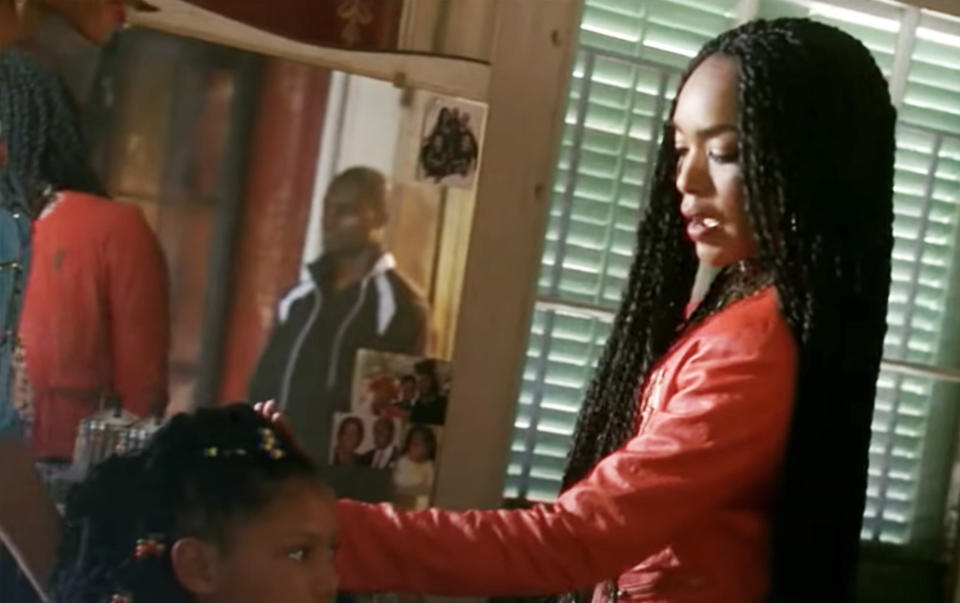
6."This is also known as TRA: transracial adoption. Many TRAs (transracial adoptees) who are adopted by WAPs (white adoptive parents) are raised to be 'white' and not provided much genetic or racial mirroring. They also can and often do experience racism, microaggressions, and prejudice not only from random people but also from their white adoptive families. On top of this, TRAs often live through these racist experiences in silence and don’t always share what’s happening with their white adoptive families."
"This often happens because they don’t know how to respond or react to the experiences, they sometimes don’t realize it’s happening, they have internalized racism toward themselves, they feel the pressure of the 'be grateful' narrative, and they have no support at home with their white adoptive families who don’t understand it. How do you understand and comprehend it when the people who are racist toward you usually represent your white adoptive family?"
7."I'm 22, and I don't know how to talk to other Black people. I don't know AAVE nor would I dare try to learn it now. I feel culturally out of the loop. I didn't watch the same TV shows, listen to the same music, or have some of the more basic life experiences that my Black peers share in common. Obviously, Black people and culture are not homogeneous, but over and over again I feel like I am missing the keys necessary to open some door, that door possibly being Blackness? A comfortable racial identity? I don't know. I've been on some panels about TRAs. I love talking about/processing adoption. Every adoptee deserves the chance to do that."
8."It’s extremely isolating and emotionally exhausting. My two older brothers and I are all adopted, but I am the only Black person in the family. My adoptive parents also believed some really harmful things about Black people and had a major white savior complex. On top of that, I’m the only person who had a relationship with my birth family and had expressed my whole life I wanted to meet them when I was an adult. When the time came to meet them, I felt like I was scared about the feelings and frustrations of parents on all sides."
"I tried to keep everyone happy, but when this all started, I was only 15. My birth dad ended up denying I was his, and my birth family stopped talking to me on and off for years. I’m 33 now, and to this day I’m still working through the trauma of my adoption, which is abundant. I still find myself crying, feeling lost and alone."
—Anonymous
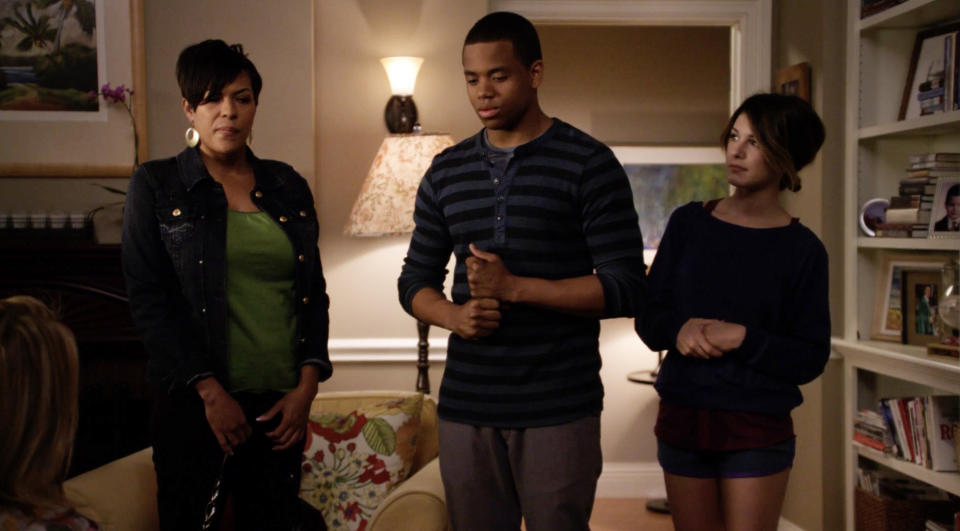
9."My dad, a 55-year-old single white male, adopted us three African American kids who were 10 years old at the time. It was always weird for my brothers and I to go out with him in public. One time, we were on a trip to Alabama, and my brothers and I were accused of trying to mug my dad."
"We were Black walking with a white male, and as an 11-year-old, I didn’t fully understand what was happening until I got a bit older. Those memories are stuck with you forever."
—Anonymous
10."My white parents did not do the work. They adopted my sister and me at birth, so they had plenty of time to do so. Our 'father' retired when we were 11, and they decided to move us back to a small town in Ohio and enroll us in a K–12 school with less than 750 kids total. There were a total of seven students of color in that building. We were exposed to so many microaggressions well before we had the language to describe what was happening because we didn't get the home education. My parents said racism didn't exist, they 'didn't see color,' and that the other kids didn't want to be friends because we were new, not because of our skin tone."
"My parents to this day can't discuss world events with me without saying something racist. I was wholly unprepared for life as a Black woman in America, and I didn't have to be if they had only tried."
—Anonymous
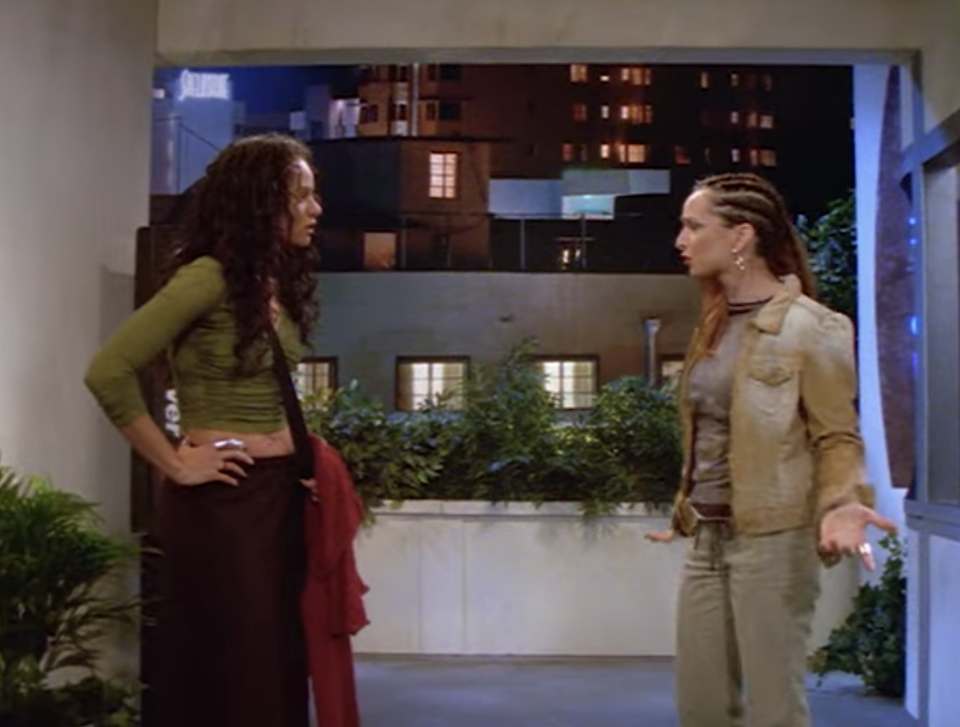
11."Be careful to teach each child their own reality. Currently, Black people in America do not enjoy the same freedoms and rights as white people. Your children need to understand how to be safe in the world. Also, as a white parent, you need to understand the reality of their world. This includes making a safe space for them to seek out comfort within the Black community, possibly at the cost of your own personal comfort level."
"Being rude, saying 'NO,' asking questions, and talking back to police or authority figures are things that get Black children killed. Teach your children how it is, how it should be, and impart on them the tools to achieve the goal for change."
—Anonymous
12."Understand that we are exhausted. Exhausted from being in predominantly white spaces: our home, extended family gatherings, our communities, our schools, the regions where we live, and then add the political and cultural climate we live in. The microaggressions, the covert and overt racism, the gaslighting, the dismissal of our feelings, and more. And sometimes we internalize it all. With this all said, we need safe spaces. Spaces where we are understood, listened to, validated, and affirmed. Those spaces may be all Black spaces (like HBCUs), transracial adoptee support groups, or a presence of Blackness that makes us feel a bit more like our authentic selves."
—Anonymous
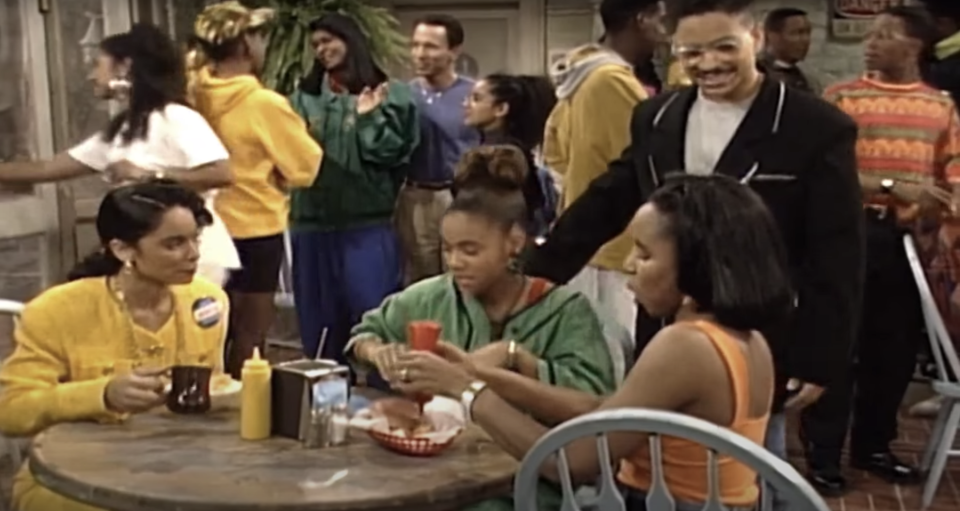
13."The microaggressions are real, and it sucked when they talked about their ancestors owning slaves with me in the room."
—Anonymous
14."I want people to know having white parents doesn't necessarily make us confused about who we are and does not make us any less proud to be Black. I'm very proud."
—Anonymous
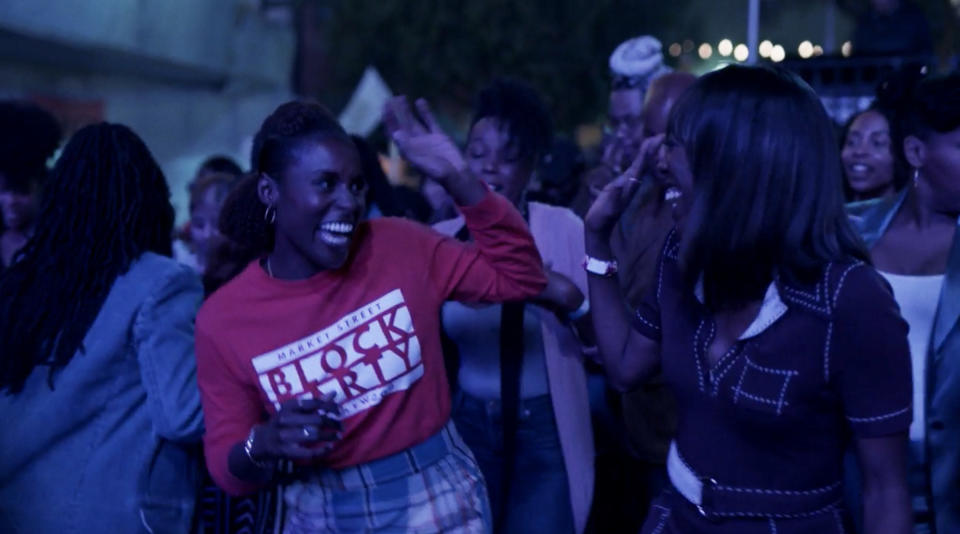
15."I was adopted into a white family when I was 3 days old. I’m so thankful I had such a great childhood, but I wish my family had made more of an effort to learn and teach me about what it means to be mixed in today’s society. Mostly what I heard growing up was how lucky I was that 'racism isn’t nearly as bad as it used to be,' which was usually in response to some mild racism I had experienced."
"What stands out most though is every time I took a friend on vacation with us there was always some random person who would make a comment to my friend along the lines of, 'How nice it is that their (my friend) parents let them bring a friend.' We always corrected them and laughed it off, but I always hated the assumption that I didn’t belong."
16."As a Black person adopted by white parents, I felt like I didn't belong anywhere. Everybody stared at my family when we were out in public. I knew why people were staring even at a very young age. I didn't connect with any kids, Black or white. I was very misunderstood. I felt like a freak and still do."
—Anonymous
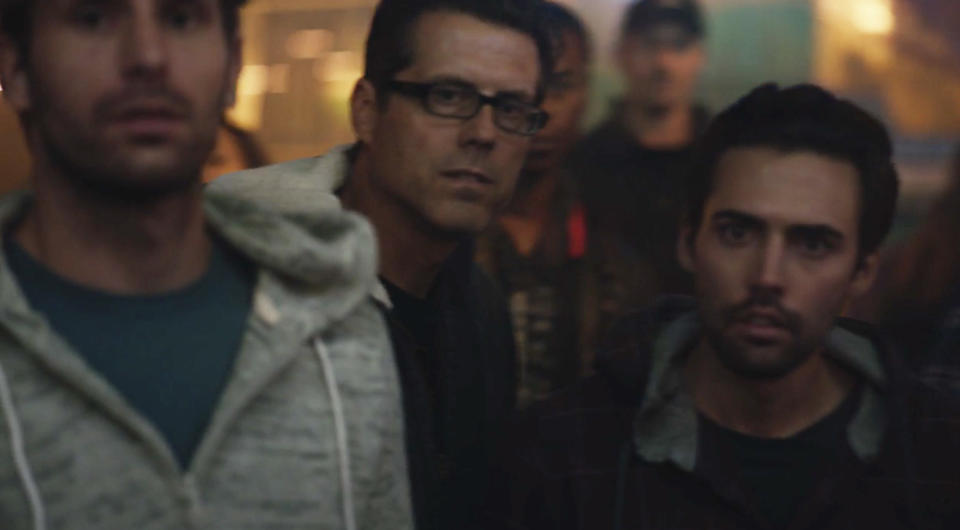
17."Just because my family is white does not mean that I am. I've had people call me 'white-adjacent' in an attempt to block me from BIPOC spaces and friends, and not only is this extremely hurtful, it completely negates all of my experiences as a Black woman."
—Anonymous
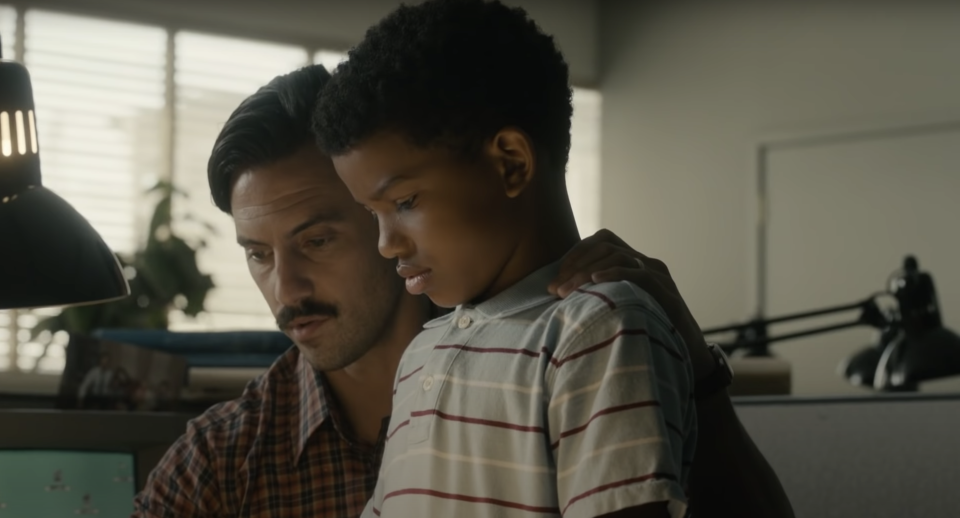
18."Growing up as a Black child in a white family, my parents were great, but I never learned anything about my culture from them. I wish there had been more of that in my upbringing in my household instead of having to search for the information myself."
19."As a Black guy who was adopted by a white family as a baby, there were some ups and downs. The 'upside' was it made me a celebrity since I was born in the '80s in a small town in Mississippi. The downside was not being able to fit in. I never felt like I felt completely accepted by either race. I spoke and acted too 'white' to feel fully at place in the Black community, and because my skin is dark I couldn’t fit in with the white community. I always feel torn between the two."
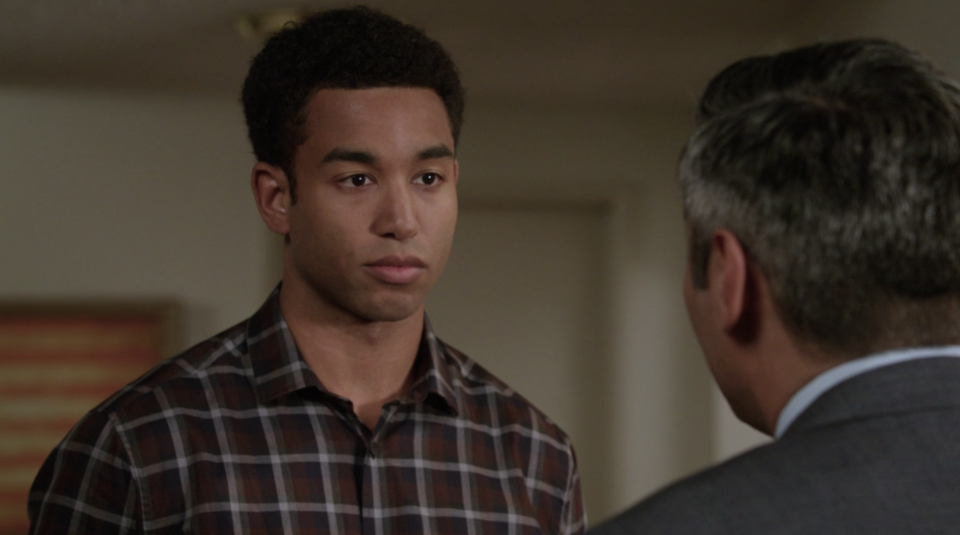
20."It's not all that great. I was adopted at a very young age. My birth mother walked I don't know how many miles to get me to a hospital where she knew someone could take care of me. My adoptive mom was working there, and she took me in. I get it; my parents really 100% thought that they were doing what was best for me. I have been in and out of therapy since I was 14, depressed for half my life, and suffer from PTSD and other mental issues that probably came from me being adopted. I hated everything about myself and wished I could've been born white. Growing up in a community where most people don't like you, I never fit in because I looked different. But then I couldn't even fit in at home."
"Now I'm just trying to make up for lost time with my (adoptive) parents, because I definitely put them through some shit. I still have a hard time accepting that I am in fact Black, and that will never change. Going to school, I was almost always the only Black child. I had people telling me I shouldn't be with my family because I'm Black. I don't know that much about my culture. I used to lie about where I was born, because I was ashamed."
—Anonymous
21.And, "The first thing I want to share is that just because you were adopted doesn’t mean you have a grand loving wonderful life because someone 'saved' you. Adoption doesn’t always mean you are without trauma. Trauma happens for adoptees the moment they are removed from their mother. That sweet small baby goes through a massively traumatic event. Most adoptive parents don’t get that or what it entails throughout their whole life. I was adopted along with a fellow adoptive brother (two different adoptions and not related) into a white family. They tried to keep me connected to my Black and Native Indian roots. They did their best but also had underlying prejudices and misinformation on Black and Native American culture. I was physically, emotionally, and mentally abused by my adoptive mother."
"The community I lived in was predominantly white. I was brainwashed by white culture and history. I felt excluded from all cultures and didn’t feel I belonged anywhere. I was either too Black or too assimilated by whites to be or feel truly accepted by anyone. I just want people to know how important it is to do research and to respect your adoptees naturally born culture. To confront and stare at your prejudices for other cultures and figure out how to recognize them and adjust to not further harm precious lives."
—Anonymous
Note: Submissions have been edited for length and/or clarity.
Make sure you head here for more of our Black History Month coverage!
